Keywords: Indigenous Voice To Parliament
-

ARTS AND CULTURE
- Paul Mitchell
- 23 June 2023
1 Comment
Renowned author and academic Tony Birch is known for his insightful and compelling narrative explorations into societal issues like marginalisation, Aboriginal identity and racial struggles. In conversation with Paul Mitchell, Birch discusses his work, the unique intersection of academia and creative writing, and the profound impact of historical dispossession.
READ MORE 
-
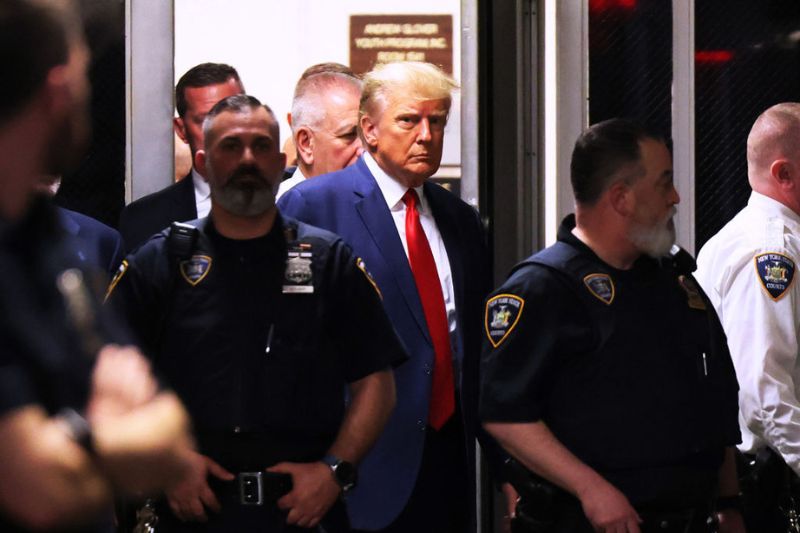
INTERNATIONAL
- Max Jeganathan
- 22 June 2023
2 Comments
Encompassing the indictment of Donald Trump, the Russia-Ukraine conflict and Australia's Indigenous Voice referendum, the quest for justice has evolved into an abstract and bitter fight, obscuring our common humanity, and requiring us to find a restorative, forgiving route.
READ MORE
-
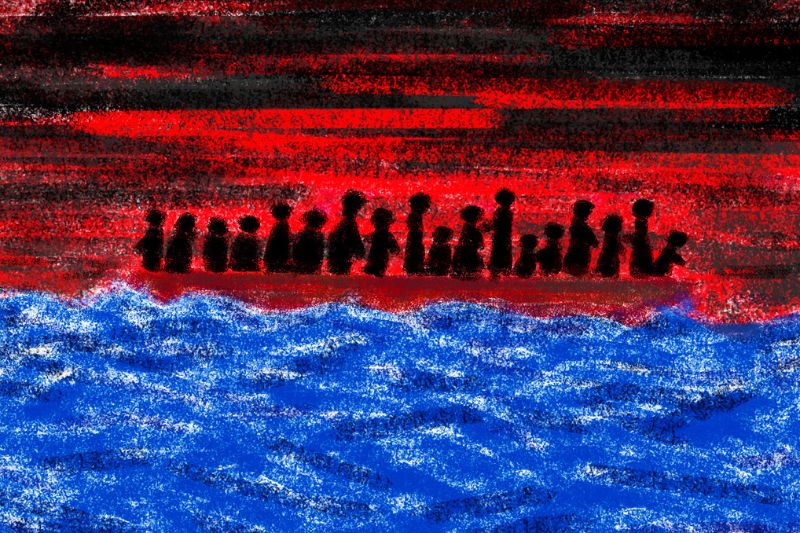
AUSTRALIA
- Andrew Hamilton
- 20 June 2023
5 Comments
Observing World Refugee Week and the Referendum on the Voice to Parliament together is appropriate because the First Peoples and later refugees have suffered in similar ways. Jordana Silverstein's latest book draws striking parallels between Australia's colonial past and the modern treatment of refugee children.
READ MORE
-
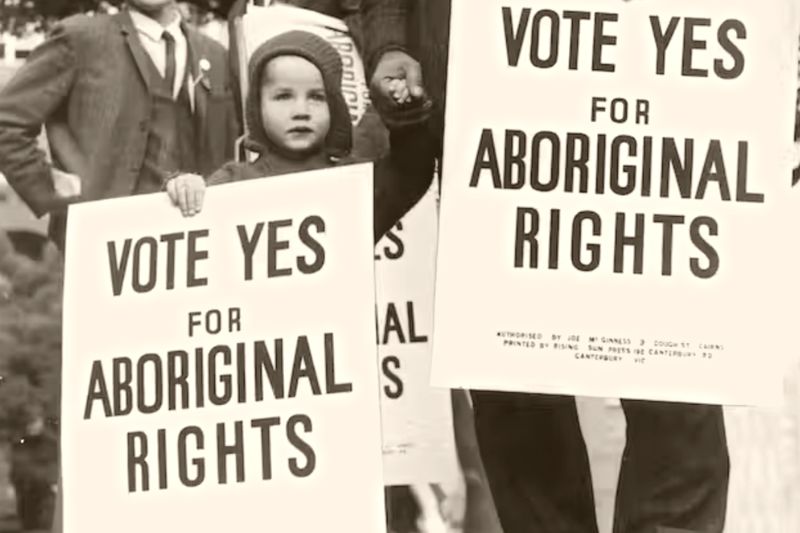
AUSTRALIA
- Frank Brennan
- 05 June 2023
19 Comments
The wording of the proposed change to the Australian Constitution to enshrine a First Nations Voice might not be perfect. But whatever the imperfections and the risk of future complications, it is high time that Australia’s First Peoples were recognised in the Constitution in a manner sought and approved by a broad cross-section of Indigenous leaders.
READ MORE
-

AUSTRALIA
- John Warhurst
- 01 June 2023
25 Comments
Amidst escalating tensions, the ACT government's move to acquire Calvary Public Hospital is facing strong backlash from the church. With claims of hasty decision-making and allegations of anti-religion bias dominating the discourse, this crisis highlights the societal shift towards secularism and questions the role of religious entities in managing public services.
READ MORE
-
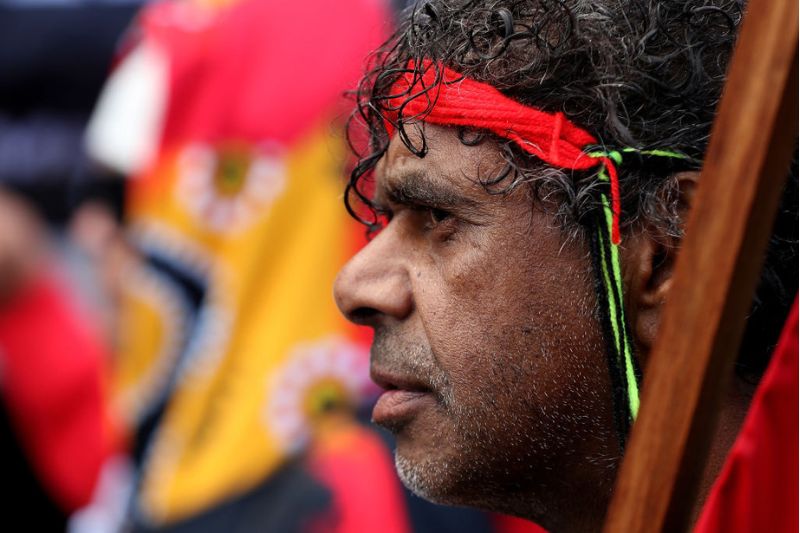
AUSTRALIA
- Celeste Liddle
- 10 May 2023
17 Comments
Later this year, Australians will vote on a referendum to enshrine an Indigenous Voice to Parliament, but many Indigenous Australians remain undecided, reflecting the complexities of the issue. The debate over the Voice to Parliament extends beyond the referendum question to encompass broader concerns about the constitution, treaties, and achieving true equality.
READ MORE
-

AUSTRALIA
- Michael McVeigh
- 05 May 2023
1 Comment
Recent books Statements from the Soul and An Indigenous Voice to Parliament explore different perspectives on the Uluru Statement, including the relationship between the land and Indigenous people and the legal impact of the proposed constitutional change, while demonstrating the need to appeal to hearts and minds in rallying support for an Indigenous Voice.
READ MORE 
-
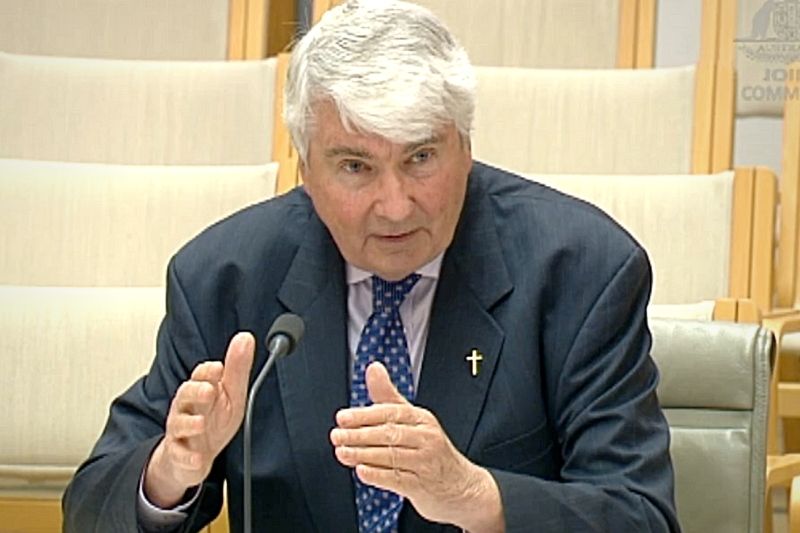
AUSTRALIA
- John Warhurst
- 04 May 2023
20 Comments
Frank Brennan's book An Indigenous Voice to Parliament: Considering a constitutional bridge is an urgent contribution to this important national debate around the shaping of the Voice and the referendum question. It is a book concerned with what’s likely to be successful rather than a manual on how to vote.
READ MORE
-
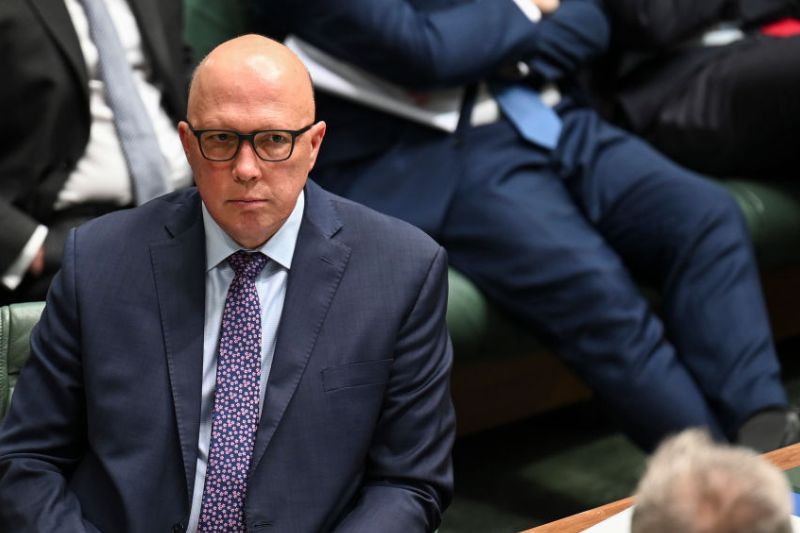
AUSTRALIA
- James Massola
- 05 April 2023
17 Comments
Peter Dutton confirmed the Liberal party will oppose to the Indigenous Voice to parliament, putting him at odds with a new prime minister, Indigenous leaders, and community sentiment. With the Aston byelection defeat, concerns have arisen over the party's direction and the narrowing path back to the Lodge.
READ MORE
-
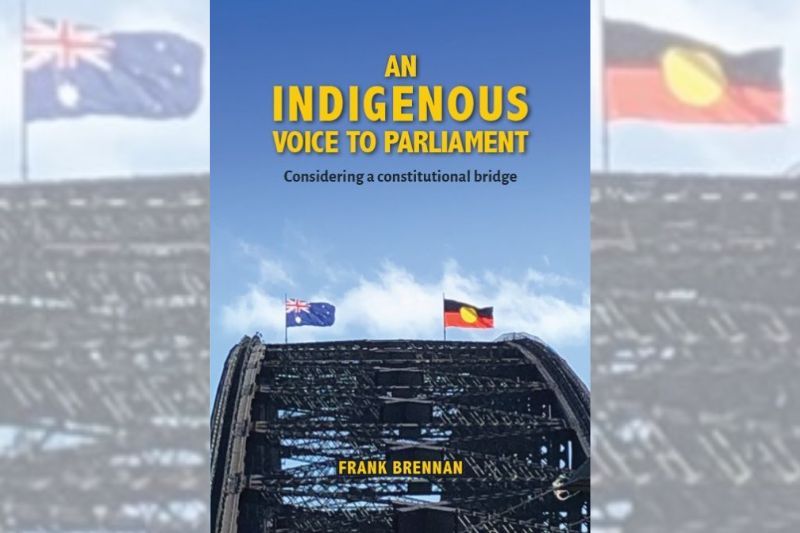
AUSTRALIA
- Andrew Hamilton
- 30 March 2023
4 Comments
Frank Brennan’s book An Indigenous Voice to Parliament is important in pointing out the difficulties facing the Referendum, the conditions to be met if it is to be passed, and in implicitly judging the current state of play.
READ MORE
-
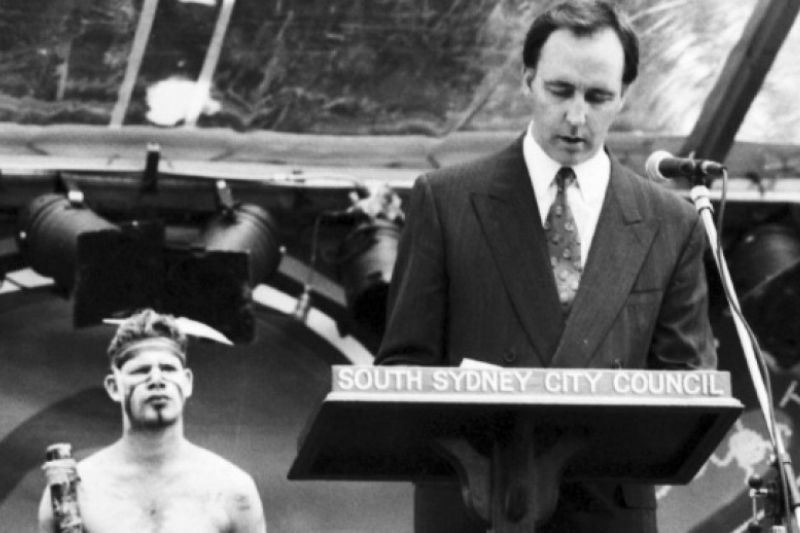
AUSTRALIA
- Kevin Keeffe
- 16 March 2023
10 Comments
Despite the lack of formal consultation with Indigenous peoples at the time, Paul Keating invested significant political capital in designing the Native Title Act and establishing a comprehensive social justice package. As the debate on the Voice intensifies, Indigenous Australians should be afforded the right to offer their Voice and be heard on issues as fundamental as native title.
READ MORE
-

AUSTRALIA
- Andrew Hamilton
- 02 February 2023
6 Comments
Any discussion of the ethics of culture war should begin with the basic reality of human communication: to flourish, human beings rely on cooperation with other people. Speaking abusively about others weakens the necessary trust that lies at the foundation of a well-functioning society and inhibits the conversation about values necessary in a humane society.
READ MORE